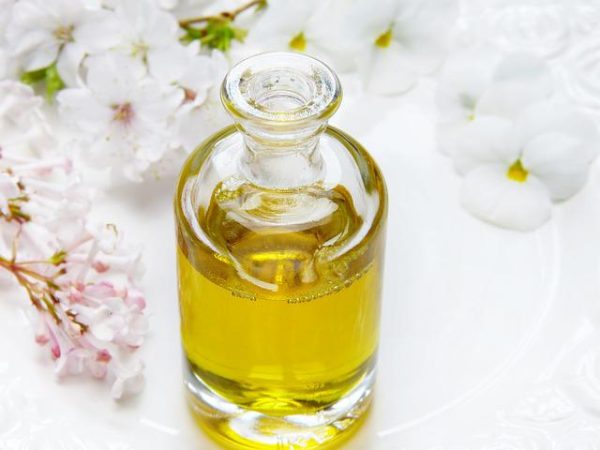 Beauty product producers worldwide use jojoba oil to boost the efficacy of their products. Regardless of what your skin type is, jojoba oil is suitable for it. This is great news for those who seek anti-aging products, but wonder whether the ones they are choosing will exacerbate sebum production and produce short-term problems. As a naturally-derived product, it also lacks the chemicals many standard anti-aging creams contain.
Beauty product producers worldwide use jojoba oil to boost the efficacy of their products. Regardless of what your skin type is, jojoba oil is suitable for it. This is great news for those who seek anti-aging products, but wonder whether the ones they are choosing will exacerbate sebum production and produce short-term problems. As a naturally-derived product, it also lacks the chemicals many standard anti-aging creams contain.
Jojoba Oil and Sebum Production
Each day, your skin produces sebum as a form of lubricant to protect it from the world outside. As your skin produces sebum from one of its deepest layers, the external layer is more resistant to weather and less likely to crack. As you age, the volume of sebum you produce gradually reduces. This is due to a reduction in androgens, which are the primary hormones responsible for producing it. Jojoba oil addresses this by replacing the sebum your skin once relied on to prevent cracking. As such, applying it to your skin on a daily basis reduces the speed at which it ages.
The Anti-Inflammatory Properties of Jojoba Oil
During the aging process, your skin is undergoing inflammation in the deeper layers. There is evidence to suggest that excess inflammation can cause a reduction in muscle elasticity, which in turn causes your skin to lose its tone. At a more superficial level, inflamed skin looks puffy, which in turn makes you appear tired. Jojoba oil has natural anti-inflammatory properties. When you use it, you see both long and short-term benefits. One of the short-term benefits is that your skin looks less puffy, allowing you to maintain a fresh look. In the long-term, you can enhance muscle elasticity and therefore improve your skin’s tone.
As well as acting as an anti-inflammatory, Jojoba oil is anti-bacterial. Your skin produces anti-bacterial agents on a daily basis, in the form of its natural flora. However, the products society requires us to use on a daily basis can deplete these resources. Washing on a daily basis is good for your hygiene in many ways, but it also reduces the skin flora that can combat the transient bacteria you come into contact with. Using jojoba oil allows you to benefit from daily washing and product use, but boosts the efficacy of your beneficial bacteria also.
Detoxifying Your Skin
On a daily basis, your skin comes into contact with more environmental chemicals than any other part of your body. It is the first line defence in your immune system, which means it takes more flak than any other part of you. Unfortunately, we now live in a world where toxins are practically unavoidable. They come from the outside in the form of pollution, and the inside from what you consume. Jojoba oil has detoxifying benefits, which means it gives your skin a rest from the chemicals that can make it age rapidly.
Typical Jojoba Oil Uses
Now that you know how this oil can benefit you, it is a good idea to know how to use it. Try applying it to your skin on a daily basis as a moisturiser. The ceramides it contains will cover your skin and hydrate the cells. Applying it also provides a barrier between your skin and the pollution of the outside world. This means you can use it as an effective anti-wrinkle treatment, so treat it as you would any anti-wrinkle cream. Apply small amounts at the base of each area of your face, and massage it in circles to the edge. With regular use, you can see the long and short-term benefits of jojoba oil.